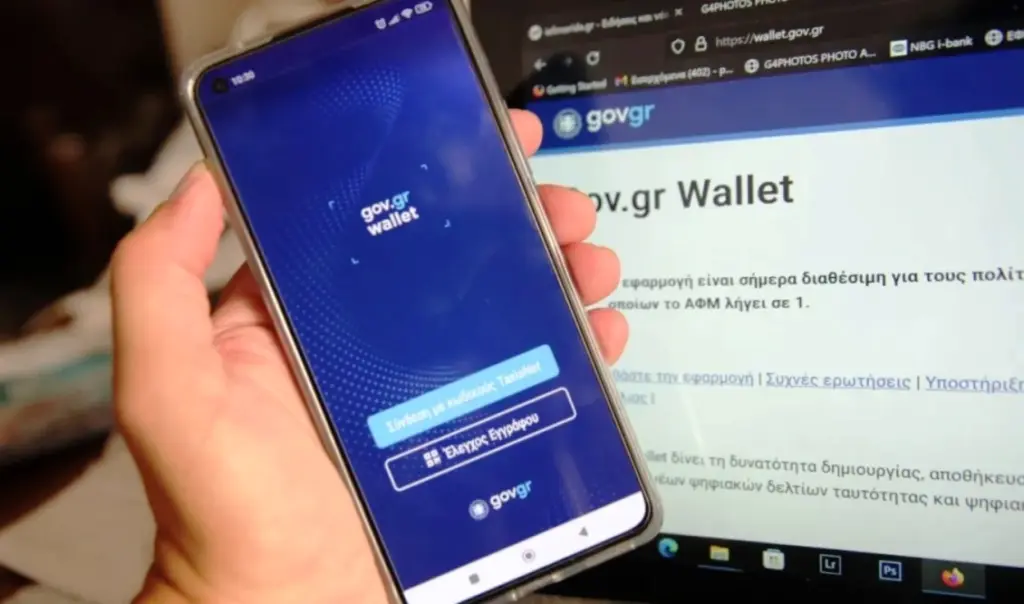Time is running out to obtain your personal number, as the final deadline has been set for November 5, 2025. Greece’s new unified digital identifier for citizens is a mandatory requirement for issuing modern ID cards and accessing government digital services.
What you need to know about the personal number
The personal number functions as each citizen’s unique digital passport for transactions with the public sector. It completely replaces old identification codes such as tax numbers (AFM), social security numbers (AMKA), and old ID card numbers, creating a unified recognition mechanism.
The innovative feature of the personal number is its permanence and immutability. Regardless of changes to personal details, address changes, or document renewals, the number remains constant throughout the holder’s lifetime.
How the personal number is created and issued
The personal number structure is based on a 12-digit system comprising three main sections. The first two alphanumeric elements are freely chosen by the citizen themselves, followed by their existing tax number, and finally a third alphanumeric digit automatically generated by the government system.
The issuance process is conducted exclusively through the myInfo digital platform on gov.gr. Citizens use their personal Taxisnet codes and verify their identity through the National Communication Registry. During the process, there’s an option to verify and correct registered personal information.
Where you’ll find your personal number
The personal number will appear in two main locations for citizen convenience. In physical form, it will be printed on the back of the new police-issued ID card, while in the digital world it will be available through the gov.gr wallet as the exclusive identifier for all electronic transactions.
Importantly, those who have already received their new ID cards don’t need to replace them. The personal number is added digitally to existing documents through automatic system updates.
Special citizen categories and alternative procedures
The state has provided special arrangements for citizen categories facing difficulties with the standard procedure. Minors obtain their personal number through their parent or legal guardian, while overseas residents can contact Consular Authorities.
For citizens without Taxisnet codes, the solution is provided through Citizen Service Centers (KEP), where they can be served in person.
Security and personal data protection
Cybersecurity is a priority in the personal number’s design. The system incorporates advanced protection standards, including two-factor authentication through OTP codes. The number’s structure contains no sensitive personal information, while strict GDPR regulations are observed for data protection.
The Ministry of Digital Governance assures that selling or sharing data with third parties is categorically prohibited, ensuring absolute citizen confidentiality.
Benefits and future applications
The personal number serves as the cornerstone for creating a fully digitized state. The goal is to drastically reduce bureaucracy, eliminate duplicate registrations, and resolve discrepancies that plague millions of citizens.
Through the myInfo platform, citizens gain the ability to correct errors in official registries, such as birth dates, addresses, social security numbers, and tax numbers. System interoperability ensures automatic data synchronization across all government services.
Gradually, the personal number will extend to the private sector, facilitating transactions with banks, insurance companies, and other organizations. As government sources emphasize, “the personal number constitutes the foundation for a modern paperless state, with transparency and unified identification”.




